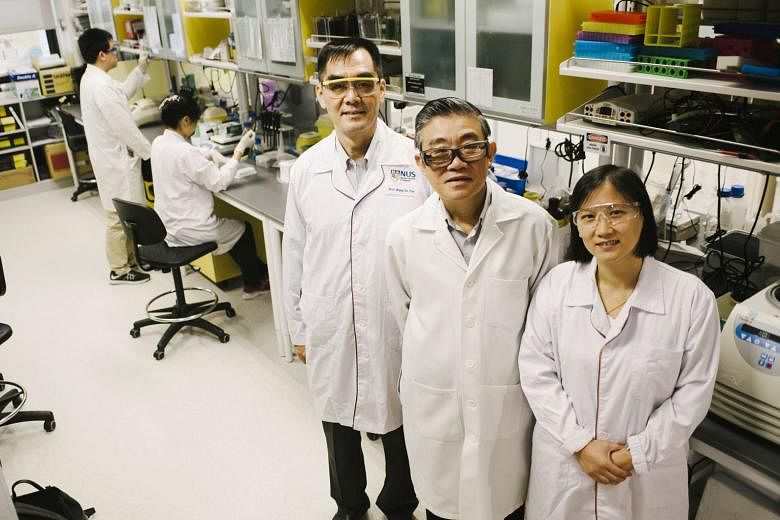More effective flu medicines could be in the pipeline, with a recent breakthrough by National University of Singapore scientists in understanding how the flu virus infects people.
The Yong Loo Lin School of Medicine study found that flu viruses can hijack a class of proteins called CD151, which are part of human respiratory cells.
Already a subscriber? Log in
Read the full story and more at $9.90/month
Get exclusive reports and insights with more than 500 subscriber-only articles every month
ST One Digital
$9.90/month
No contract
ST app access on 1 mobile device
Unlock these benefits
All subscriber-only content on ST app and straitstimes.com
Easy access any time via ST app on 1 mobile device
E-paper with 2-week archive so you won't miss out on content that matters to you

